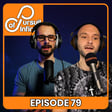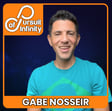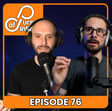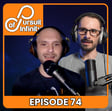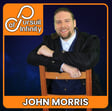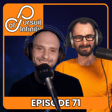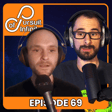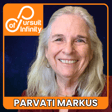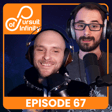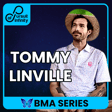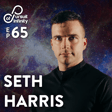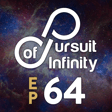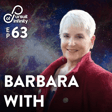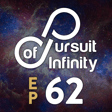
41. Psychedelic Therapy with Angela Amirault
This week we welcome Angela Amirault to the show. Angela is a therapist at The Center For Medicinal Mindfulness in Boulder, Colorado where she works with clients as a psychedelic guide. She holds advanced credentialing in Mindfulness-Based Psychedelic Therapy, she has a Bachelor’s Degree in Psychology from Saint Mary’s University and a Graduate Diploma in Counseling and Psychotherapy from Dublin City University in Ireland. For a full list of credentials, to take a look at her practitioner’s statement, and to contact Angela, visit the links below.
https://medicinalmindfulness.org/ https://www.instagram.com/alteredhealing/ https://www.instagram.com/medicinalmindfulness/
_________________
Music By Nathan Willis RIP
Follow Pursuit Of Infinity:
www.PursuitOfInfinity.com
Discord: https://discord.io/pursuitofinfinity
YouTube: https://www.youtube.com/channel/UCPpwtLPMH5bjBTPMHSlYnwQ
Spotify: https://open.spotify.com/show/58he621hhQ7RkajcmFNffb
Apple Podcasts: https://podcasts.apple.com/ca/podcast/pursuit-of-infinity/id1605998093
Instagram: https://www.instagram.com/pursuitofinfinitypod/
Patreon: Patreon.com/PursuitOfInfinity


